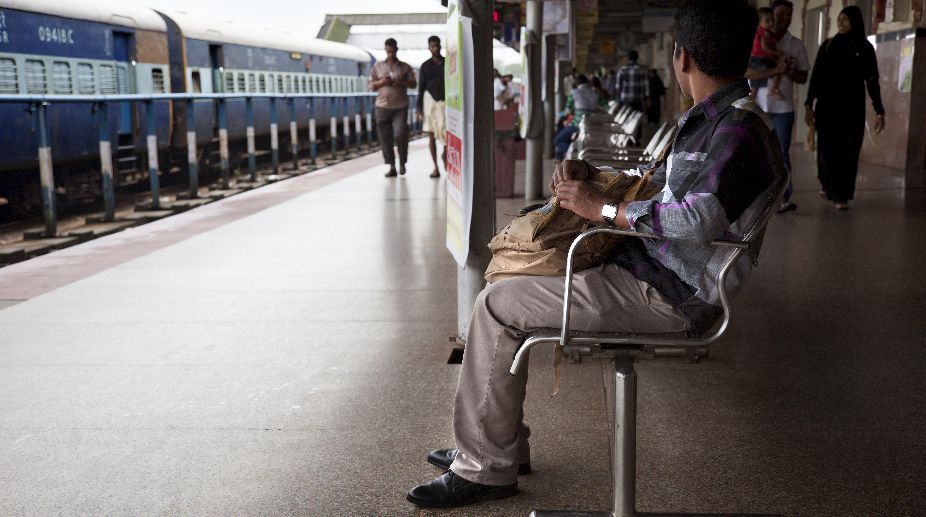Parents and children in east of India still willing to buy and read books: Survey
Children’s books are selling like hot cakes at the International Kolkata Book Fair at Boimela Prangan in Salt Lake.

Representational Image (Photo: Getty Images)
Books on Indian culture and morals are now to be displayed for sale at all platform kiosks, a new stall policy to all zonal railways has mandated.
In a commercial circular dated September 5, the Railway Board instructed all general managers to ensure that such books are found in railway stalls under the new Multi Purpose Stall (MPS) Policy.
Advertisement
“Zonal railways shall ensure that all MPS must display and sell books pertaining to Indian tradition, culture, values, morals and history,” the circular.
All miscellaneous, curio stalls, bookstalls, chemist stalls will now come under the multi purpose stalls, it said.
Advertisement
The policy supersedes the Bookstall Policy of 2004 which mandated that stalls will keep books on varied subjects like literature, history, children’s literature, fiction, travel, light reading, art, culture, current affairs, professional interests, national integration, etc. in English, Hindi and regional languages.
The MPS Policy was drafted after it was felt that there was a need to have a single outlet at platforms from where passengers can purchase non-catering items required during travel.
The stalls will also sell artefacts and items of local and regional importance, proprietary article depot items, drinking water, over-the-counter medicines and non-pharmacy items like dry milk powder, the circular said.
The policy also states that it will be mandatory for all such stalls to display and sell prominently the zonal railway timetable as well as the ‘Trains at a Glance’ publication and any other official publications of the railways.
Retailers, individuals, self-help groups can apply for a licence to run these stalls. The allotment will be done after a tendering process, the policy states.
The new policy has also made it mandatory for such stalls to have a point of sale or swipe machine for acceptance of credit and debit cards from all customers without charging any additional transaction charge for any sale above Rs 100.
For amounts below Rs 100, payments through e-wallet would be acceptable, the policy said.
Advertisement